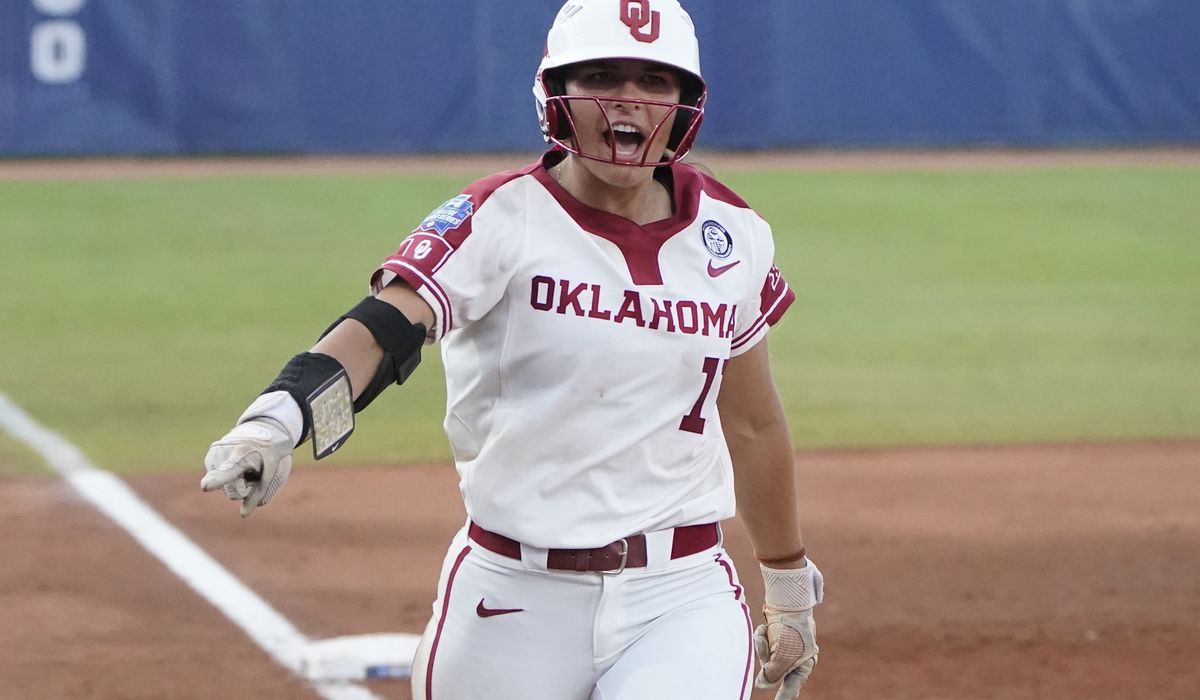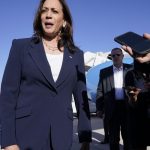
Florida is implementing a law next month allowing student-athletes to profit off their name, image and likeness, a move legal experts say will help Florida schools recruit top competitors over other states.
The Sunshine State isn’t alone, with a handful of other states set to enact similar laws July 1. The governor of Connecticut has a similar bill on his desk after it passed the state legislature earlier this month.
In addition to Florida, name, image and likeness (NIL) laws go into effect next month in Georgia, New Mexico, Alabama, Texas and Oklahoma.
“If you are able to offer student-athletes an opportunity to earn outside income, you’re going to be a much more attractive place,” said Scott Cole, an attorney at GrayRobinson in Orlando, Florida.
But because the laws vary from state to state, analysts also predict the federal government will eventually have to step in and set some nationwide universal standard.
For example, the Georgia law allows college athletes to make money — but the profits have to be shared with their school. Other state laws come with fewer limitations on what the athletes can earn and keep.
Without a national law, the NCAA would need to give students in those states with NIL statutes a waiver so as not to run afoul of the sports organization’s rules preventing college athletes from making money outside of school-related benefits.
Jarrod Jordan, chief marketing officer for Iovate Health Sciences International, said working with college athletes who are motivated will help influence their peers, noting the college audience is a “coveted demographic” for many brands and marketers.
“Any brand looking to excel on a platform like TikTok will probably find greater success working with student-athletes who live on the platform as opposed to a more seasoned professional athlete who may have grown up on Twitter or Instagram,” he said.
According to the NCAA, roughly 18 states have passed these types of regulations, but NCAA President Mark Emmert is urging lawmakers on Capitol Hill to enact a federal standard.
“A patchwork of state laws threatens the NCAA‘s ability to provide uniform NIL opportunities as well as fair, national competition to hundreds of thousands of student-athletes who participate in college sports each year,” Mr. Emmert told senators on Capitol Hill earlier this month.
“There is an urgent need for a federal solution so that we may continue to provide all student-athletes with broad-based opportunities and a fair system of participation and competition,” he added.
In the meantime, the NCAA is moving to give schools in states without NIL laws the right to waive the group’s ban on profiting from their name, image and likeness. Instead, individual schools could enforce their own NIL policy — as long as they follow NCAA guidance, according to multiple reports.
The stop-gap measure would allow student-athletes to “take advantage of NIL opportunities regardless of the state in which they are enrolled,” Mr. Emmert wrote in a memo addressed to the NCAA‘s member schools.
The NCAA‘s Division I council has another meeting on the matter set for Monday. According to Sports Illustrated, the NCAA‘s Division I board of directors meets Wednesday and is expected to adopt the changes then.
The temporary fix comes days after the Supreme Court delivered a blow to the NCAA, ruling on Monday that the college athletes could receive education-related benefits.
The NCAA had argued against allowing these types of payments, saying it could lead to abuses such as luxury cars being purchased for athletes, so long as they’re used to get from class to class.
Justice Brett M. Kavanaugh signaled in a concurrence he would go even further, opening the door to paying student-athletes money and benefits unrelated to their schooling.
Courts have taken note.
On Thursday, a federal judge denied the NCAA‘s move to dismiss a class-action lawsuit brought by student-athletes against the NIL ban, allowing the case to continue in the U.S. District Court for the Northern District of California.
Mr. Cole said this is just the beginning for a changing landscape for college players.
“We are going to see some lawsuits and court decisions before too long that address the rest of the story for student-athletes,” he said.




